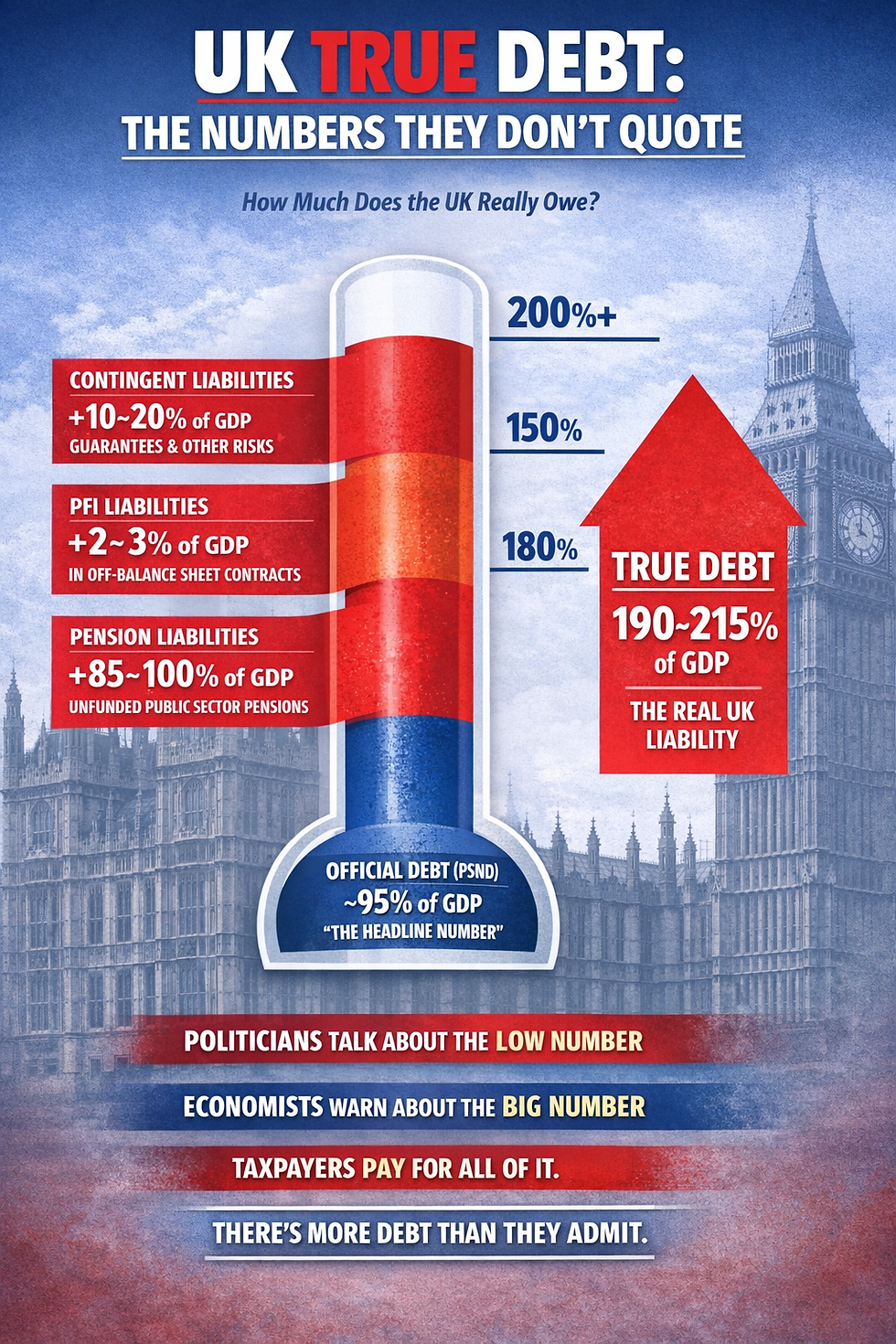Pope Gregory XIII and the UK tax system.
- Shaun Crozier
- Apr 1, 2023
- 1 min read
Updated: Jul 20, 2025
He is responsible for our tax year ending on 5 April.

While we used the Julian calendar the new year started on 25 March. This was also one of the “quarter days” when rent was traditionally paid, and taxes had to be settled.
Due to various issues, including the alignment of Easter with the spring equinox, the Gregorian calendar was introduced in October 1582. This was adopted by many Catholic countries but not by our own Good Queen Bess, who as head of the Church of England denounced it as popish.
By 1752 Britain was so out of kilter with the rest of the world, that the Gregorian Calendar was introduced here. This effectively meant that we “lost” 11 days, and the 25th of March became the 5th of April, and the end of the tax year has stubbornly remained on this odd date.
To make matter more confusing, while the UK tax year ends on 5 April, the UK financial year ends on 31 March.
Will we adopt another date? Maybe, but not anytime soon; estimates vary but it is thought that the amount of tax lost/delayed could amount to £90 billion if the year end were moved to 31 December, this is not something likely to happen in a financial crisis.


